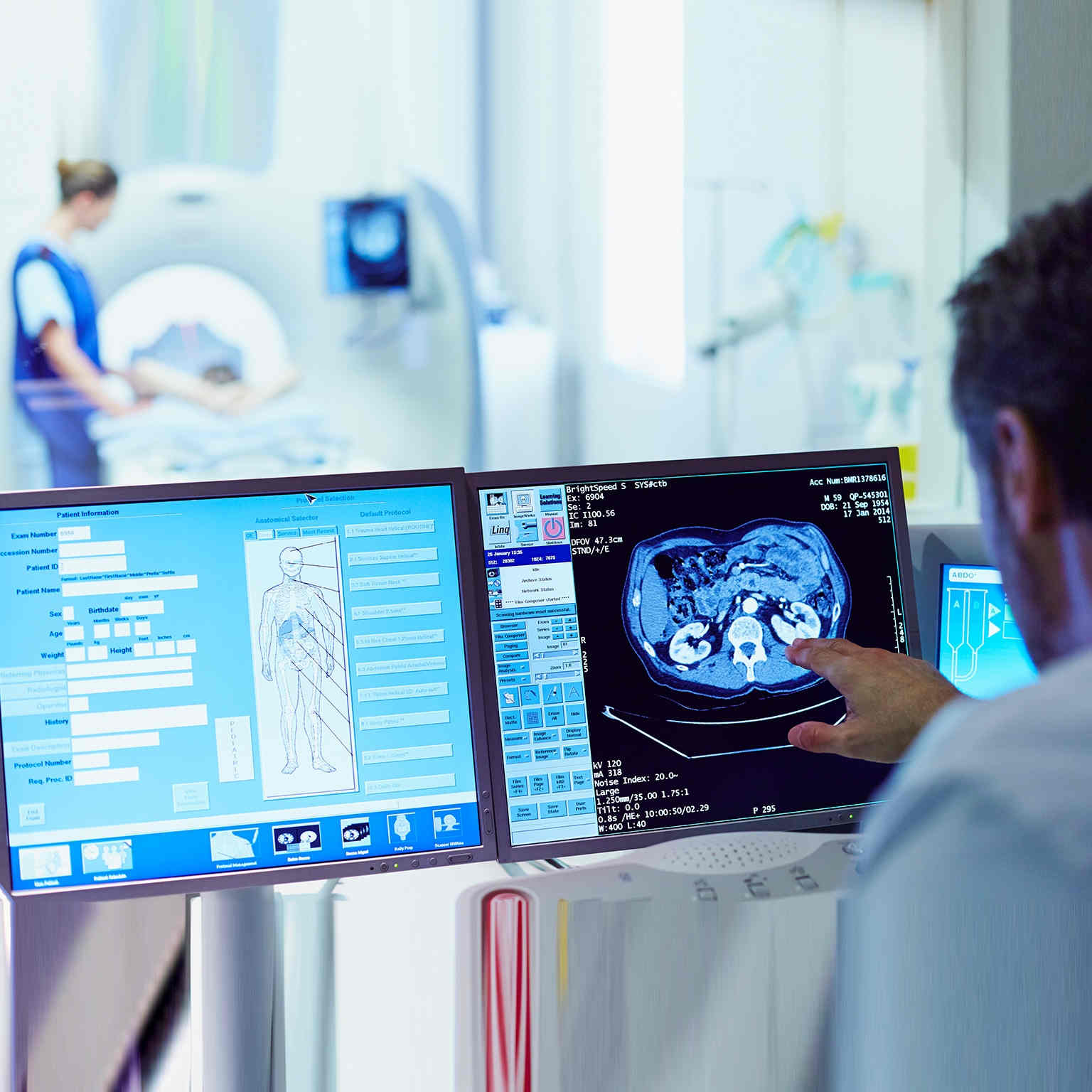
@ShahidNShah


Artificial intelligence (AI) has the potential to transform how healthcare is delivered. A joint report with the European Union’s EIT Health explores how it can support improvements in care outcomes, patient experience and access to healthcare services. It can increase productivity and the efficiency of care delivery and allow healthcare systems to provide more and better care to more people. AI can help improve the experience of healthcare practitioners, enabling them to spend more time in direct patient care and reducing burnout.
Read on mckinsey.com
Health-tech innovators and hospitals must recognize the significant impact that AI will have on the healthcare industry. AI has the potential to improve patient outcomes, reduce costs, and enhance the work of healthcare professionals. However, the successful implementation of AI requires careful consideration of the workforce and organizational structures. Innovators must work with healthcare professionals to understand their needs and develop AI solutions that augment rather than replace their expertise. Organizations must invest in training and upskilling their workforce to adapt to the changing healthcare landscape. Furthermore, AI must be integrated into existing workflows to ensure seamless adoption and avoid disruption. By recognizing the impact of AI on the workforce and organizational structures, healthcare professionals and innovators can collaborate to drive positive change and transform healthcare for the better.
Continue reading at mckinsey.com
COVID-19 has spurred online searches for consultations and diagnoses among medical practitioners and patients alike. But with only about 51 per cent of the global population using the Internet, the …
Connecting innovation decision makers to authoritative information, institutions, people and insights.
Medigy accurately delivers healthcare and technology information, news and insight from around the world.
Medigy surfaces the world's best crowdsourced health tech offerings with social interactions and peer reviews.
© 2025 Netspective Foundation, Inc. All Rights Reserved.
Built on Apr 22, 2025 at 12:57pm